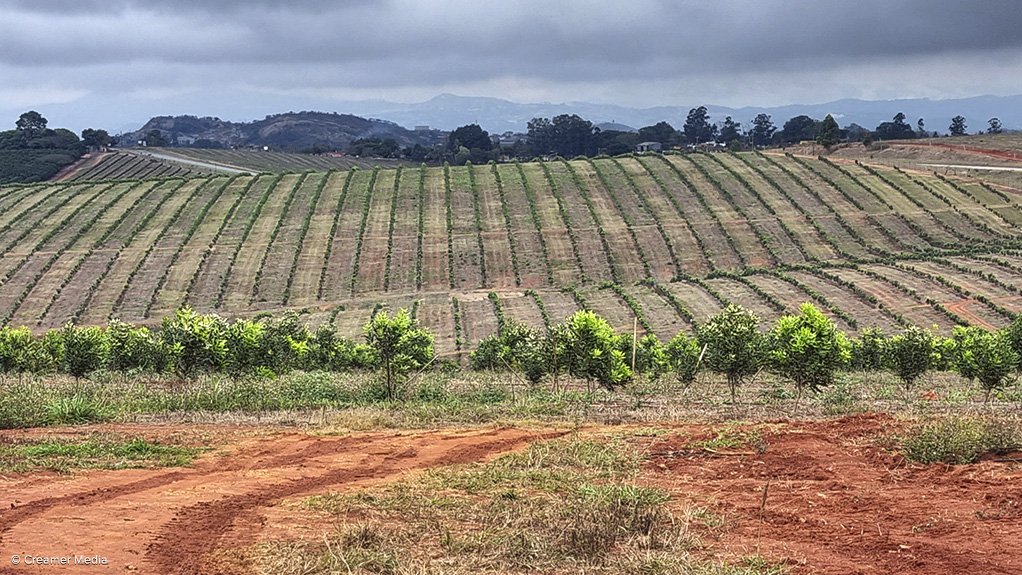In response to President Cyril Ramaphosa’s promulgation of the Expropriation Bill on January 23, industry body AgriSA maintains that the Bill poses a risk to private property rights, which is the primary basis on which domestic agriculture is structured.
The Bill facilitates the expropriation of land with no compensation under specified conditions in the public interest.
AgriSA remains committed to defending property values and rights and will use all necessary resources in consultation with legal experts to uphold these principles, says CEO Johann Kotzé, warning that agricultural sustainability and food security may come under threat.
AgriSA actively participated in the Bill drafting process, including Parliamentary and National Economic Development and Labour Council discussions, from 2013 to 2020.
The organisation in April last year asked Ramaphosa to refer the Bill back to the National Assembly for reconsideration or to consult the Constitutional Court for a decision on the Bill’s constitutionality before signing it into law.
In its letter, AgriSA highlighted its commissioning of an independent investigation by GOPA Group South Africa on the macroeconomic impact of land expropriation without compensation in South Africa.
This assessment concurred with AgriSA’s long-held view that fostering capital formation is interlinked with private property rights and is subsequently a crucial prerequisite for economic development, job creation and growth.
“While supporting the need for transformation and land reform in the agriculture sector, it must not come at the expense of the economy and investor confidence,” Kotzé says.
Similarly, political party Freedom Front Plus also asked the President to first have the Constitutional Court deliver an opinion on the Bill before enacting it; however, Ramaphosa did not deem it unconstitutional and proceeded to promulgate it.
The party confirmed it would challenge the constitutionality of the law in court.
DUE PROCESS
Fellow industry body Agricultural Business Chamber of South Africa (Agbiz) previously explained that the biggest risk with the Bill was that a landowner/bond holder may have to rely on litigation to get compensation.
It has already been stated that the courts will be the final arbiter of compensation and they have traditionally been reluctant to deviate substantially from market value.
Although the Bill makes it possible for a court to award nil compensation, they are likely to only do so under extreme circumstances if the current trend is to be used as an indication.
To date, the courts have only sanctioned nil compensation where there is no impact on the owner or where the proceeds of crime are forfeited to the State.
The biggest risk is that the State officials implementing the Bill may offer nil compensation if an owner's circumstances fall under Section 12 (3) and leave it to the owner or bondholder to approach the courts for a determination. This may be costly and cumbersome.
Moreover, this may dampen business confidence at a time when investments are needed to rebuild South Africa’s economy.
Agbiz says the Bill provides for a sound process and contains several checks and balances in favour of landowners and bondholders, and that the actual impact of the nil-compensation provision will largely depend on the extent to which the State invokes it, as well as the willingness of the courts to award compensation that deviates markedly from market value.
“Expropriation will always remain the last option so the extent to which it is used will depend on the success or failure of other land reform programmes based on private-public partnerships, which is government’s preferred route,” Agbiz concludes.
EMAIL THIS ARTICLE SAVE THIS ARTICLE ARTICLE ENQUIRY FEEDBACK
To subscribe email subscriptions@creamermedia.co.za or click here
To advertise email advertising@creamermedia.co.za or click here











